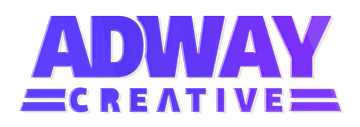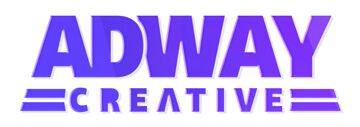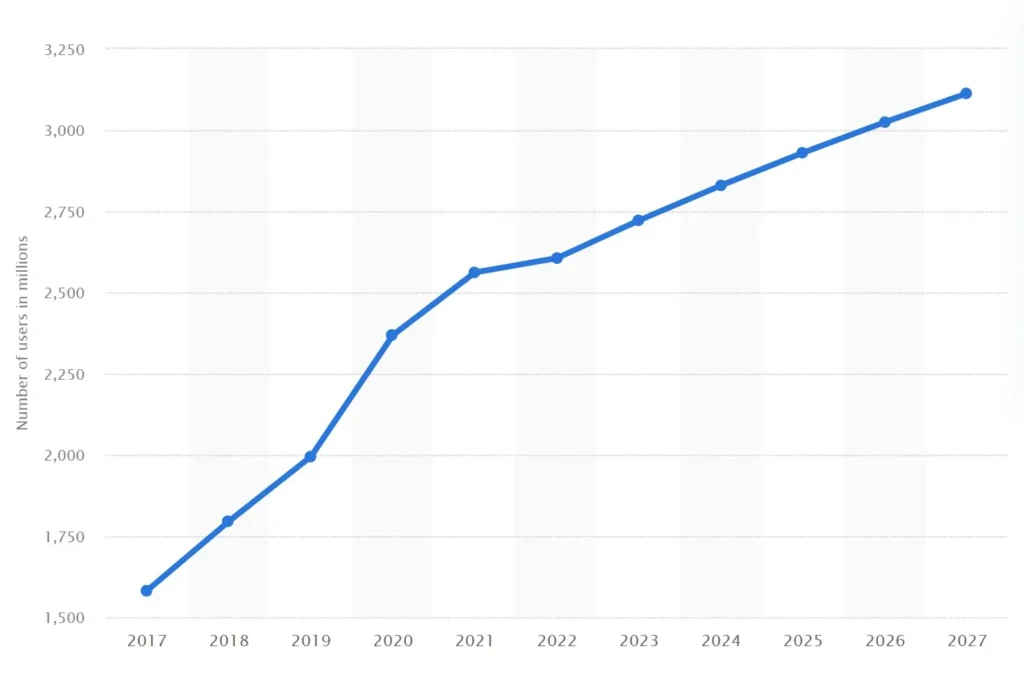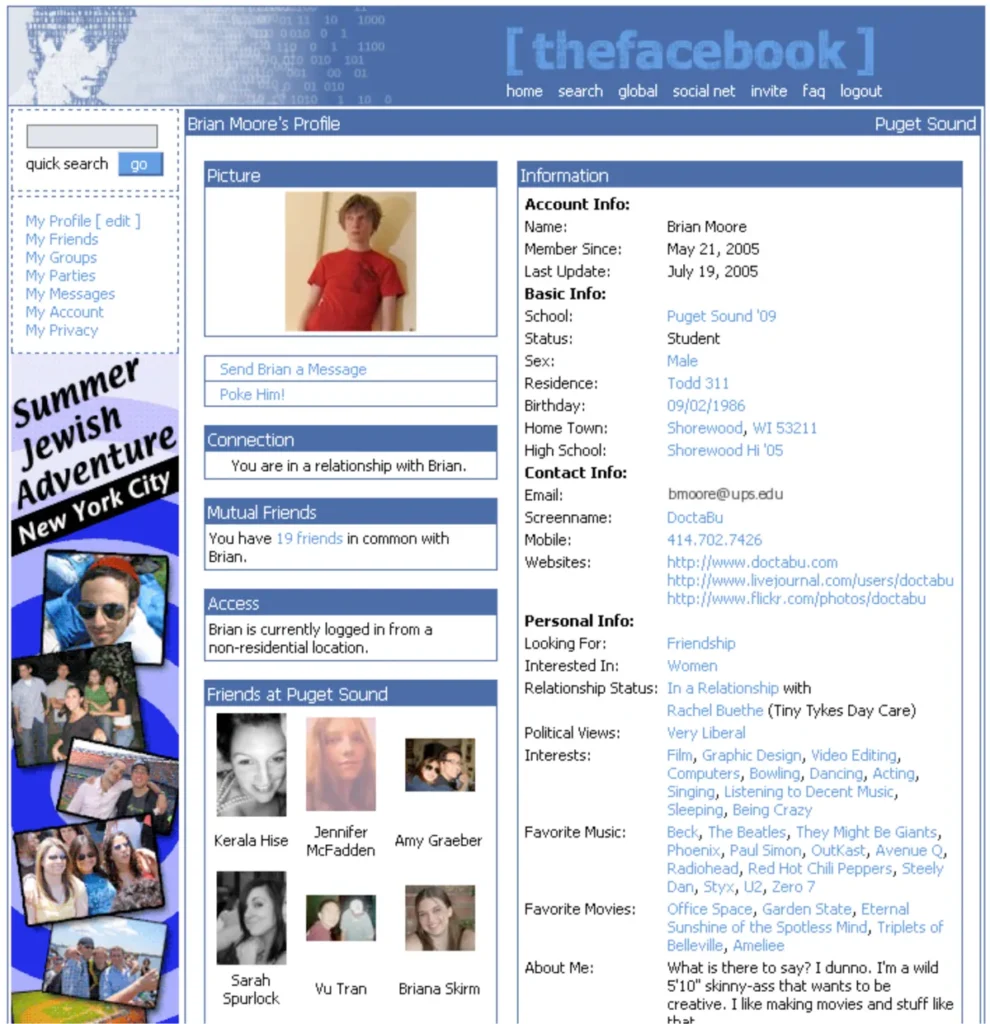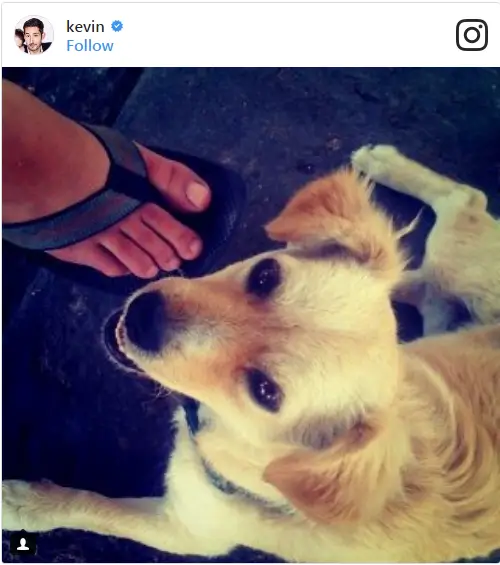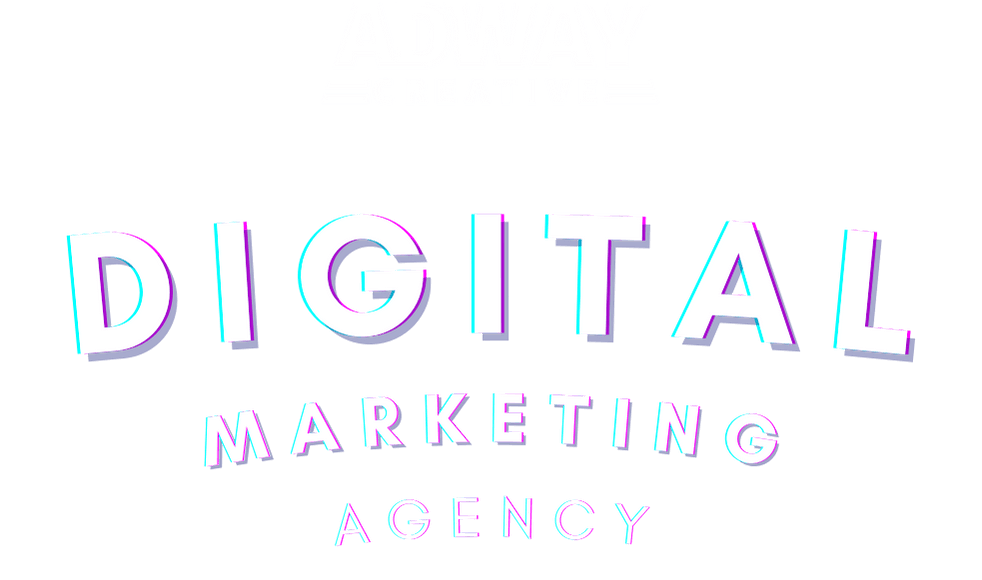
Find Out For How Many Weeks You Should Run Awareness Campaign Ads on Meta and Google?
Imagine marketing that actually works for your business.
Table of Contents
For optimal results, run awareness campaign ads on Meta and Google for 4 to 8 weeks.
🎧 Click to listen to the podcast version of this article
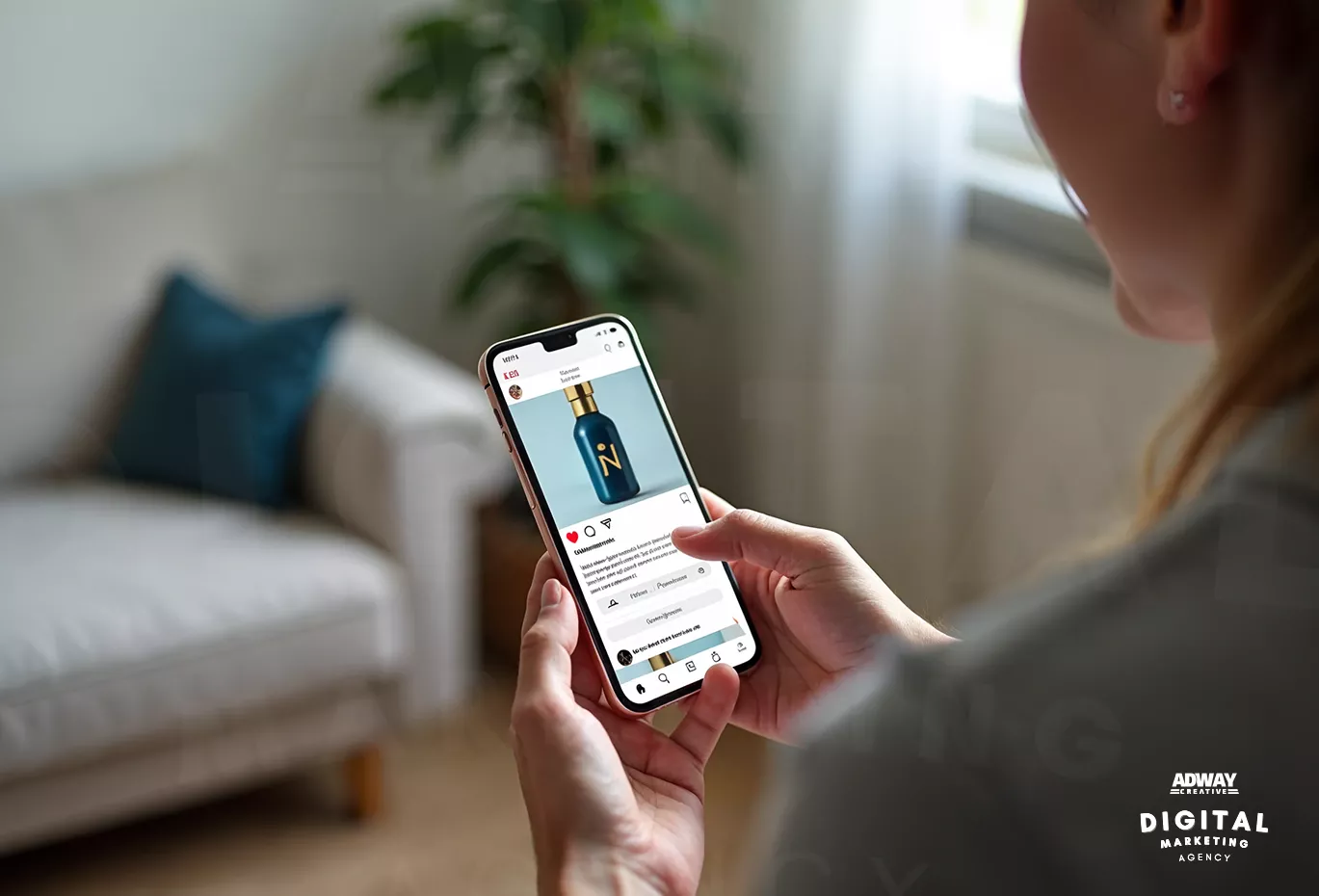
Specifically:
– Meta (Facebook, Instagram): 4 to 6 weeks
– Google (Search, Display, YouTube): 6 to 8 weeks
This duration ensures that your ads have sufficient time to reach your target audience, build frequency, and generate meaningful data for optimization.
Let’s dive deeper into the nuances of planning and executing effective awareness campaigns on these platforms.
Understanding Awareness Campaigns
Awareness campaigns play a pivotal role in building brand recognition and expanding your reach.

These campaigns focus on introducing your brand to a wider audience and creating a lasting impression.
According to Dr. Jennifer Aaker, Professor of Marketing at Stanford Graduate School of Business, “Brand awareness is the extent to which consumers are familiar with the distinctive qualities or image of a particular brand of goods or services” (Aaker, 2020).
This underscores the importance of well-executed awareness campaigns in establishing a brand’s presence in the market.
Strategies for Effective Awareness Ads
To maximize the impact of your awareness campaign ads on Meta and Google, consider these strategies:
1. Use Visual Mnemonics
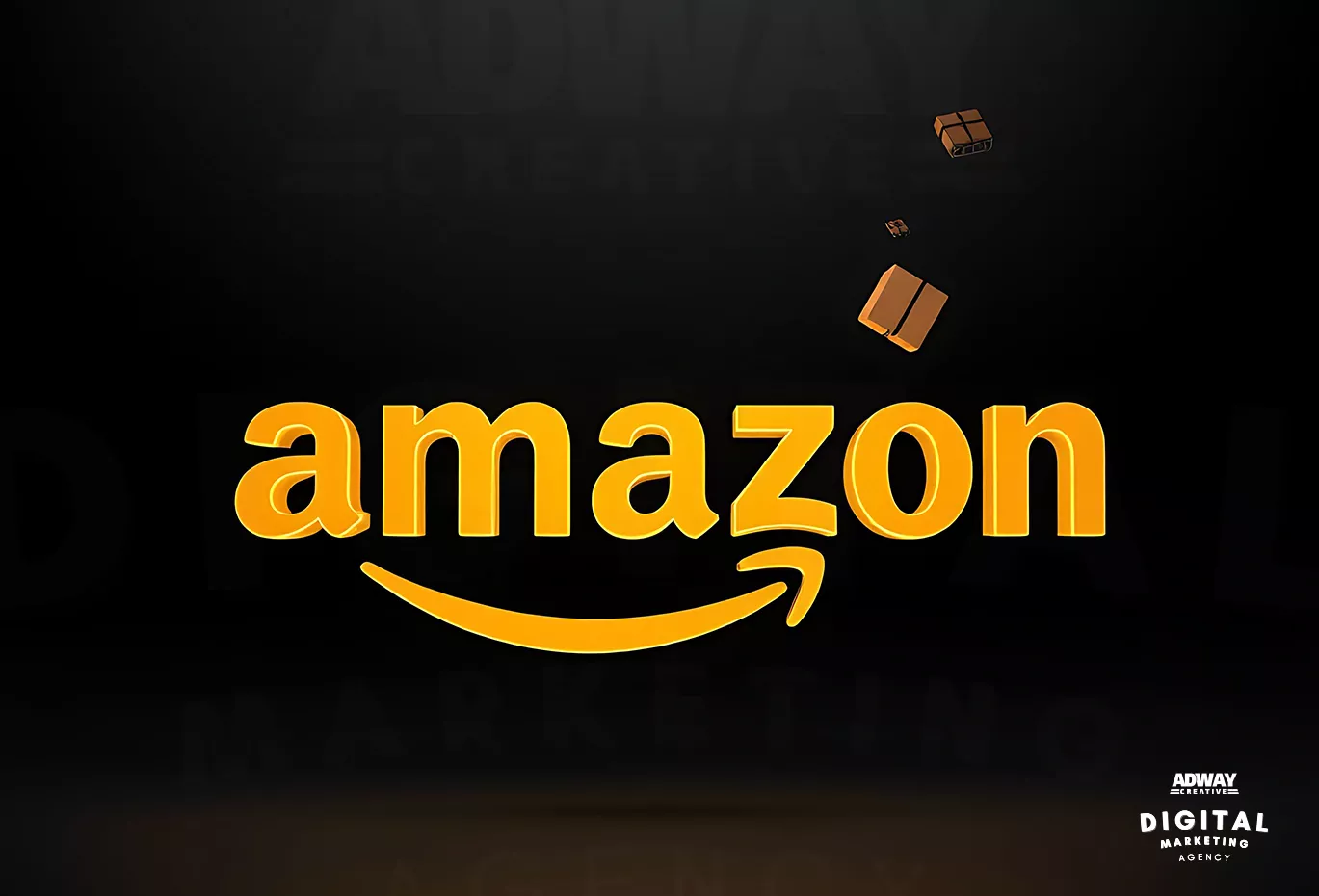
Create memorable visual elements that stick in consumers’ minds.
Example: The Amazon logo features an arrow pointing from A to Z, subtly suggesting they offer everything from A to Z. This simple yet clever visual mnemonic helps reinforce Amazon’s brand promise of comprehensive product offerings.
Pro Tip: When creating visual mnemonics, aim for simplicity and relevance to your brand’s core message. The easier it is to understand and remember, the more effective it will be.
2. Leverage the Von Restorff Effect

To Leverage the Von Restorff Effect make your ads stand out from the crowd with unique design elements.
Example: Apple’s iconic “1984” Super Bowl commercial stood out dramatically from other ads of its time. Instead of showcasing product features, it presented a dystopian narrative that captured viewers’ attention and curiosity.
Pro Tip: To make your ad stand out, consider using unexpected colors, unusual layouts, or a storytelling approach that differs from your industry’s norm.
3. Implement Sonic Branding
Use distinctive audio cues to trigger emotional responses and memories.
Example: The Netflix “ta-dum” sound that plays before their original content has become instantly recognizable. This brief audio snippet helps create a Pavlovian response, preparing viewers for quality entertainment.
Pro Tip: Keep your sonic branding short, distinctive, and consistent across all platforms. It should be easily reproducible and work well in various contexts, from TV ads to mobile notifications.
4. Create Brand Characters
Develop mascots or characters that personify your brand.
Example: The Geico Gecko has become synonymous with the insurance company. This friendly, approachable character helps humanize the often dry topic of insurance and makes the brand more memorable.
Pro Tip: Ensure your brand character aligns with your company’s values and target audience. The character should be able to evolve with your brand over time while maintaining its core personality.
5. Maintain Consistent Color Schemes
Use a cohesive color palette across all your brand awareness ads .
Example: Coca-Cola’s consistent use of red and white across all its advertising and packaging has made these colors instantly associated with the brand. This color consistency helps reinforce brand recognition even when the logo isn’t prominently displayed.
Pro Tip: Choose colors that not only represent your brand personality but also stand out in your industry. Consistently use these colors across all marketing materials, from your website to your social media ads.

The Importance of Brand Recall and Regular Awareness Campaigns
Brand recall plays a crucial role in influencing consumer behavior and driving business success.

To maintain and improve brand recall, companies should conduct regular awareness campaigns. Here are some key reasons why brand recall and consistent awareness efforts are important:
1. Competitive Advantage and Trust
Strong brand recall gives a company a significant edge over competitors.
According to Nielsen’s 2021 Trust in Advertising Study, 89% of people most trust recommendations from people they know (word of mouth).
This highlights the importance of creating positive brand experiences that customers will share with others.
2. Customer Loyalty and Repeat Purchases
Building brand recall fosters a sense of familiarity and trust among consumers, leading to increased loyalty and repeat purchases.
The Yotpo Customer Loyalty Survey 2022 found that 65.6% of respondents are loyal to brands they love but expect value in return. Additionally, 82.5% of customers say feeling like a brand knows them influences repeat purchases.
3. Increased Market Share and Brand Value
Brands with high recall are more likely to be considered during purchasing decisions, potentially leading to increased market share.
Kantar’s BrandZ study consistently demonstrates the importance of investing in marketing and brand-building. Strong brands remain resilient and recover more quickly from crises.
4. Effective Advertising and Communication
Strong brand recall allows for more effective advertising and communication.
Nielsen’s study found that brand sponsorship at sporting events ranked as the third-most trusted channel, with 81% either completely or somewhat trusting this channel.
Additionally, humorous ads generally resonate more with consumers, except in certain markets like Korea and Saudi Arabia.
5. Resilience in Tough Times
Brands with high recall are more likely to weather economic downturns or negative publicity.
The PwC Customer Loyalty Executive Survey 2023 found that 61% of executives believe customers are more loyal, with higher percentages in specific industries like Media & Entertainment (79%) and Technology (75%).
By running regular awareness campaigns on platforms like Meta and Google, brands can ensure they remain top-of-mind for consumers, reinforcing these benefits and maintaining a strong market position.
Consistent brand advertising and engagement across various channels can significantly increase brand recall over time.
Platforms for Awareness Campaigns
Meta Platforms Overview
Meta offers a suite of platforms including Facebook and Instagram to maximize reach and engage users with diverse content formats.
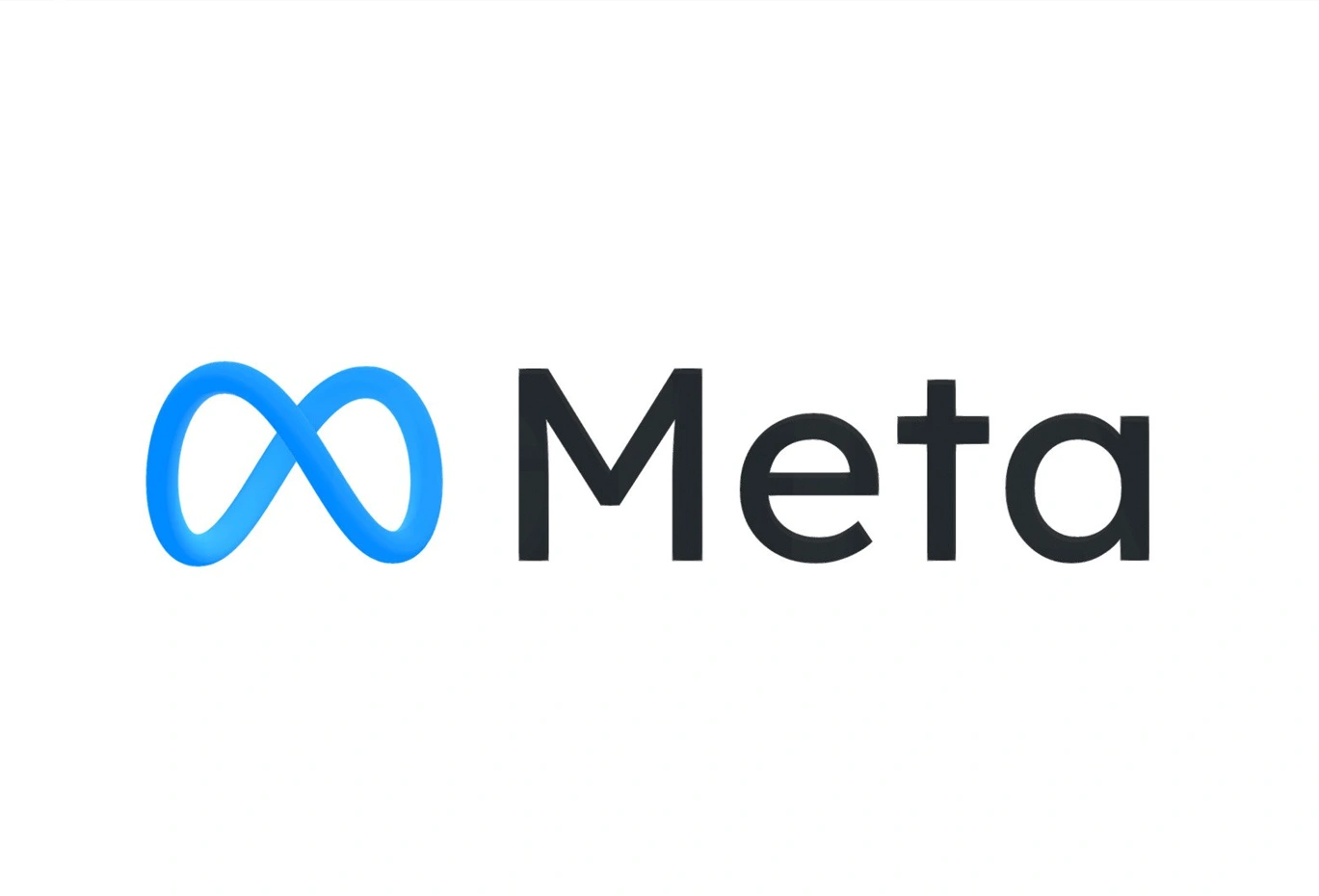
According to Mark Ritson, marketing professor and brand consultant, “Facebook’s targeting capabilities are unparalleled, allowing brands to reach very specific audience segments with tailored messages” (Ritson, 2022).
Google Ads in Awareness Strategies
Google Ads leverages Google’s expansive network, including its search engine, YouTube, and millions of partner websites.
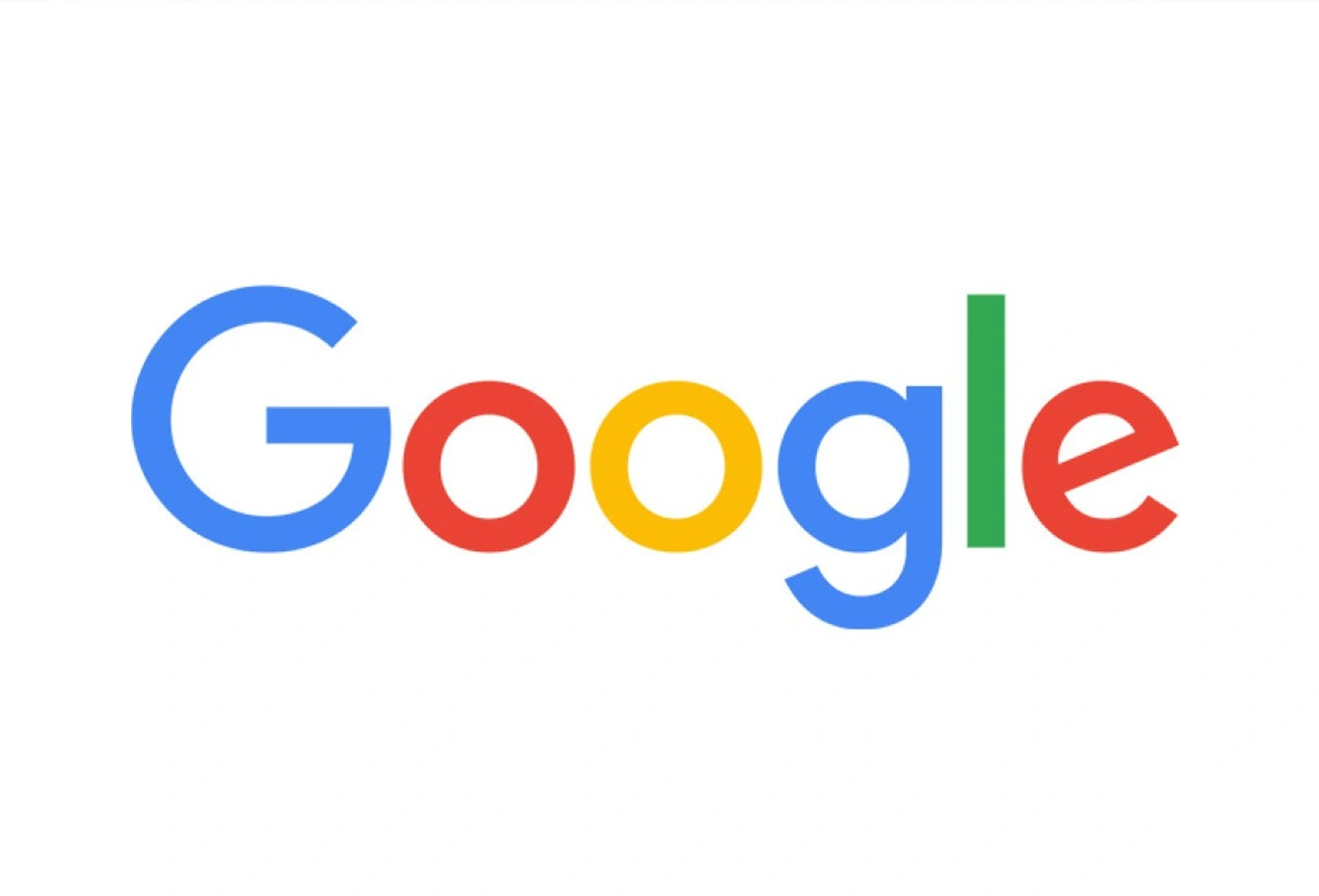
Neil Patel, digital marketing expert, states, “Google’s Display Network reaches 90% of internet users worldwide, making it an invaluable tool for brand awareness campaigns” (Patel, 2023).
Pro Tip: Utilize a mix of ad formats across both Meta and Google to keep your content fresh and engaging. This could include carousel ads on Facebook, story ads on Instagram, and video ads on YouTube.
Determining Campaign Duration

The duration of an awareness campaign can significantly impact its effectiveness.
As marketers navigate the complex landscapes of Meta and Google, one question frequently arises: for how many weeks you should run awareness campaign ads on Meta and Google?
Iliya Avramov, CEO of AdwayCreative, advises, “For Meta awareness campaigns, we typically see the best results with a 4 to 6-week run time. This allows for sufficient frequency and reach, while also giving the algorithm time to optimize delivery.“
For Google campaigns, Eli, our Head of Marketing Strategy Team, recommends, “We suggest running Google awareness campaigns for 6 to 8 weeks. This period ensures that your ads have sufficient exposure across Google’s networks and can effectively build brand awareness.“
Factors Influencing Campaign Duration
Several factors can influence how many weeks your awareness campaign ads should run:
1. Campaign Objectives: Your specific goals will dictate the ideal campaign duration.
2. Target Audience: The characteristics and behaviors of your audience impact how long it takes to effectively reach them.
3. Budget: Your available resources will determine how long you can sustain your campaign ads.
4. Seasonality: Certain times of the year may require longer or shorter campaigns.
Pro Tip: Use A/B testing to determine the optimal duration for your awareness campaign. Run shorter and longer campaigns simultaneously to see which performs better for your specific brand and audience.
Measuring Campaign Effectiveness
To gauge the success of your awareness campaign and optimize future efforts, it’s crucial to track the right metrics and KPIs.
On Meta, focus on reach, frequency, ad recall lift, and brand lift study.
For Google campaigns, monitor impressions, view rate, watch time, and brand interest (as measured by search lift).
Eli emphasizes, “While these metrics are important, don’t forget to look at long-term impacts. True awareness building often shows its effects over time, influencing metrics like branded search volume and direct traffic to your website.“
Conclusion
Running effective awareness campaigns on Meta and Google requires careful planning, strategic execution, and ongoing optimization.

By understanding the unique characteristics of each platform and tailoring your approach accordingly, you can create campaigns that significantly boost your brand’s visibility and recognition.
So, for how many weeks you should run awareness campaign ads on Meta and Google? Remember, as Iliya Avramov notes, “While 4 to 8 weeks is a good baseline, don’t be afraid to extend your campaigns if they’re performing well. Consistency is key in building lasting brand awareness.“
By implementing these strategies and leveraging creative techniques for faster brand recall, you can create awareness campaigns that not only reach your target audience but also leave a lasting impression in their minds.
Frequently Asked Questions
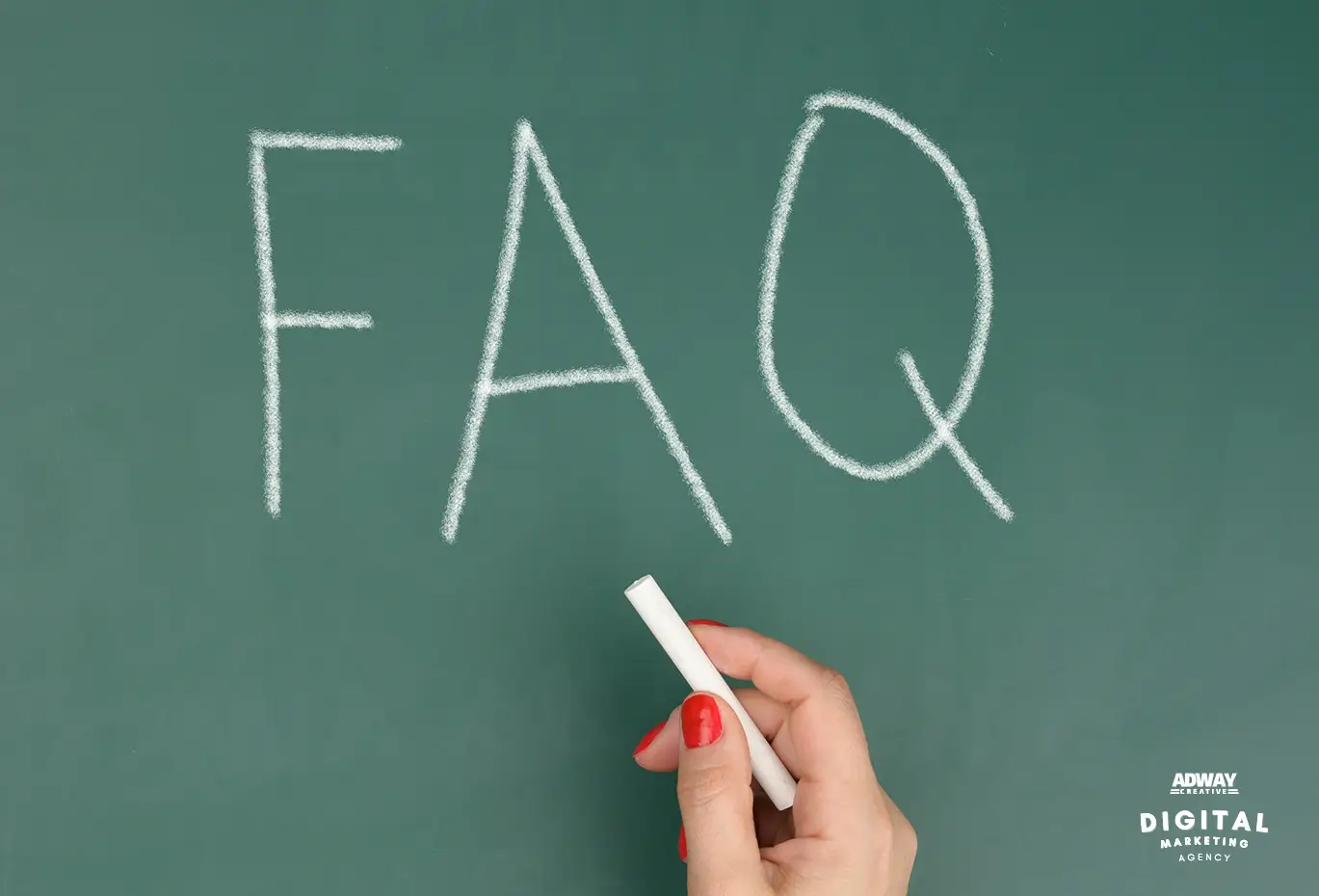
Q: For how many weeks you should run awareness campaign ads on Meta and Google?
A: The optimal duration for awareness campaign on Meta and Google typically ranges from 4 to 8 weeks. This timeframe allows for sufficient exposure and data collection to optimize your campaign performance. However, the exact number of weeks for an awareness campaign may vary depending on your specific campaign objectives and target audience.
Q: What are the best strategies for awareness ads on Google?
A: Some effective strategies for awareness ads on Google include using diverse ad formats, targeting relevant keywords, leveraging the Google Display Network, and creating compelling video ads for YouTube. It’s crucial to align your awareness efforts with your overall campaign goals and continuously monitor your campaign performance to make necessary adjustments.
Q: How do campaign ads on Meta differ from Google ads for brand awareness?
A: While both platforms are effective for brand awareness, Meta (including Facebook and Instagram) offers more visual and interactive ad formats, whereas Google provides a mix of search and display advertising. Marketing campaigns on Meta often focus on social engagement, while Google ads can target users based on search intent. Your choice between platforms like Meta and Google should depend on where your target audience is most active.
Q: What is a consideration campaign, and how does it relate to awareness campaigns?
A: A consideration campaign is typically the next step after an awareness campaign. While awareness campaigns focus on introducing your brand to a broad audience, consideration campaigns aim to engage potential customers who are already familiar with your brand. The number of weeks for consideration ads may be similar to awareness campaigns, but the content and targeting are usually more specific.
Q: How can I create an effective awareness campaign on Meta?
A: To create an effective awareness campaigns on Meta, focus on visually appealing content, use targeting options to reach your ideal audience, and leverage various ad formats like Stories, Reels, and News Feed ads. It’s important to set clear campaign targets, monitor your awareness marketing campaigns performance on Meta, and adjust your strategy based on the data you collect.
Q: What factors should I consider when determining how many weeks to run awareness marketing campaigns?
A: When deciding on the duration for awareness campaign, consider factors such as your budget, target audience, campaign aims, seasonality, and the complexity of your message. The number of weeks for an awareness campaign can vary, but it’s generally recommended to run campaigns for at least 4-6 weeks to gather meaningful data and achieve significant reach.
Q: How can I measure the success of my awareness ad campaign on Meta and Google?
A: To measure the success of your awareness campaigns on platforms like Meta and Google, focus on metrics such as reach, impressions, frequency, brand lift, and ad recall. You can also track increases in branded search volume and website traffic. Regular analysis of these metrics will help you understand your campaign effectiveness and make data-driven decisions to improve your awareness efforts.
Q: What’s the difference between awareness campaigns and consideration campaigns in terms of duration?
A: While both awareness and consideration campaigns can vary in length, awareness campaigns often require more weeks to effectively reach and impact a broad audience. Consideration campaigns might be shorter as they target a more defined audience who are already familiar with your brand.
Q: How do I optimize my Google awareness ad campaign for brand awareness?
A: To optimize your Google ad campaign for brand awareness, focus on creating compelling ad copy and visuals, use broad match keywords to reach a wider audience, leverage the Google Display Network for visual ads, and use video ads on YouTube. Continuously monitor your campaign performance and adjust your targeting, bidding, and ad content to improve your results over time.
Q: What are some key considerations when planning awareness advertising campaign on Meta and Google?
A: When planning campaigns on Meta and Google, consider your target audience, budget, campaign objectives, ad formats, and the specific features of each platform. Ensure your message is clear and consistent across both platforms, but tailor your approach to suit the unique characteristics of Meta and Google ads. Regular monitoring and optimization are crucial for a successful ads campaign on these platforms.
- About the Author
- Latest Posts
- Client Results
With over fifteen years of hands-on experience in PPC, SEO, content marketing, and social media, Iliya Avramov has honed his expertise through strategic collaborations with global teams, mastering the art of blending traditional marketing strategies with cutting-edge digital services and technologies. His deep understanding of digital trends—backed by a proven track record of scaling campaigns for startups, B2B enterprises, and e-commerce brands—ensures businesses achieve sustainable growth, with measurable ROI increases of up to 540% in competitive online landscapes.
Iliya specializes in data-driven strategies, including advanced PPC optimization (e.g., Google Ads and Meta campaigns), technical SEO audits, content creation that drives organic traffic, and social media engagement that boosts brand loyalty. He has successfully managed marketing budgets from $1,000 to over $100,000 monthly, generating thousands of leads and conversions across industries like agriculture, health, and retail. Proficient in tools such as Google Analytics, SEMrush, Ahrefs, and AI-powered analytics, Iliya’s innovative approaches are supported by insights from leading resources like Google Search Central for SEO updates and Think with Google for data-driven marketing, ensuring alignment with the latest best practices.
His leadership has earned AdwayCreative numerous industry recognitions, including:
- 2020: Mastery in 3D visualizations and graphic design (Acquisition International).
- 2021: Media Innovator Award (Corporate Vision).
- 2022: Martech Award (Corporate Vision).
- 2022: Global Finance Award (Global Banking & Finance).
- 2023: Global Finance Award (Global Banking & Finance).
- 2023: Best Full Service Marketing and Advertising Agency (Innovation in Business).
- 2024: Bulgaria’s Most Reviewed Social Media Marketing Agency (The Manifest/Clutch).
- 2025: Advertising & Marketing Customer Satisfaction & Happiness Award (Global Banking & Finance).
Author Disclosure: Iliya Avramov is the founder of AdwayCreative and may reference agency services in his content. All opinions and strategies are grounded in over a decade of professional experience and independent industry research, with no undisclosed affiliations.
Publication Date: July 22, 2025 | Last Updated: July 22, 2025
- Why Ads Fail: The 7-Step Google Ads Pre-Launch Checklist
- Generative Engine Optimization (GEO): How to Position Your Business in the Era of AI
- Why aren't your Google Ads generating conversions? 6 reasons and solutions.
- Google Ads Services: Drive Immediate Results with Expert PPC Management
- Google's Loyalty Program Update: How to Stand Out in Search | AdwayCreative
- Maximizing Google Ads ROI: The Power of MaxDiff and Conjoint Analysis
See Real Results from AdwayCreative Clients
Curious what digital marketing can achieve for your business? Explore highlights from some of our recent success stories:
- ROSELA | LEADING CUCUMBER PRODUCER GOES DIGITAL 🌱
Digital transformation brought 5,500+ new users, 1,808% boost in visibility, and 71% lower ad costs.
See more - DA.CARE | SWISS STARTUP 👶
Swiss startup built a trusted UK brand with AI insights, 420+ subscribers in a month, and high-converting campaigns.
See more - PARK&FLY ✈️
From zero to 100,000+ users and 40% repeat customers through integrated strategies.
See more - ART:E 🎨
Over 500 new accounts activated, 12,000+ daily users, and reduced churn for an artisan platform.
See more - MALEEVI TENNIS CLUB 🎾
220+ leads and 90% engagement growth in just 46 days.
See more - MIRIAM SWIMWEAR 🩱
613+ new affiliate signups and acquisition costs as low as $0.32 per lead.
See more
See the full list of AdwayCreative case studies here →
